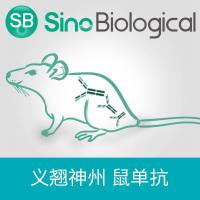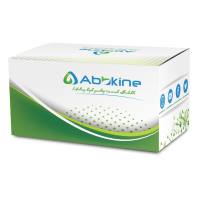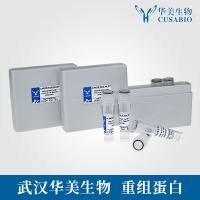Small-Molecule Inhibitors of Proteasome Activity
互联网
1784
The fast-track approval of a proteasome inhibitor, PS-341, to treat multiple myeloma spurred a wave of interest in both the proteasome itself and small-molecule compounds blocking its activities. Besides being candidates for drugs against cancer, autoimmune diseases, inflammation, or stroke, specific proteasome inhibitors are indispensable tools for biochemical and cell biology investigations of the proteasome and proteasome-ubiquitin system. Numerous synthetic peptide derivatives, such as boronates, epoxides, aldehydes, vinyl sulfones, cyclic peptides, and lactones, block the N-terminal threonine-type active centers of the enzyme, halting the cleavage of proteasomal protein substrates both in vitro and in vivo. Because some of the proteasomal inhibitors exhibit a high specificity toward only one particular type of an active center of the proteasome, they constitute valuable probes for testing the mechanism of proteolysis catalyzed by the enzyme. In this chapter we discuss the most common applications of available proteasome inhibitors. In addition to the best-known competitive inhibitors, we also describe the benefits from the use of allosteric inhibitors, which induce distinct but less understood in vitro and in vivo effects on the proteasomal machinery. Finally, we present the application of the basic biochemical procedures to decipher the mechanism of interactions of a novel compound with the proteasome.







